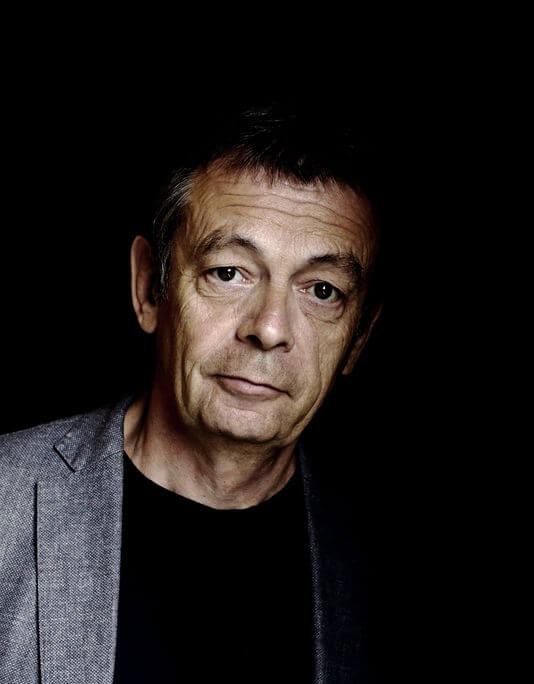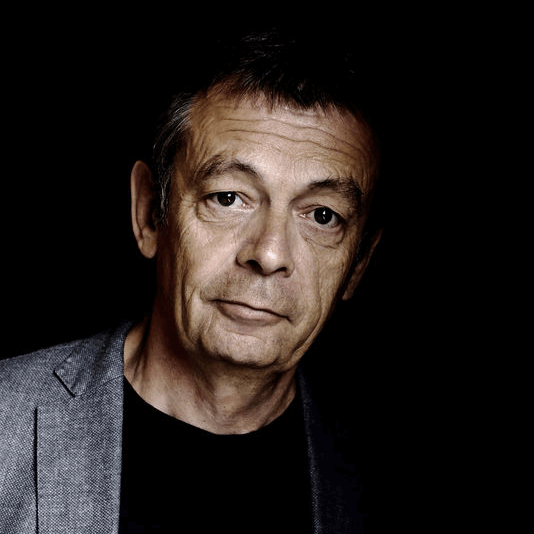Interview with Pierre Lemaitre
(We had a chance to speak to French novelist Pierre Lemaitre. He was a great interview subject and spoke about his latest novel, his writing style, his admiration for New York and much more.)
 Q: Can you tell us a little about your novel Camille?
Q: Can you tell us a little about your novel Camille?
A: The Verhoeven trilogy is written in four novels: Alex, Irène, Camille, then another novella—Rosie and John—that takes place between the first and third and has yet to be published in North America. The trilogy pays homage to The Three Musketeers, of which there were actually four, and relates the story of a man involved in the fates of three women (and in the end, four). The challenge in Camille was to tell a detective story but also to bring full circle the tale of Commandant Verhoeven, which I’ve lived with since 2006. Since the first book.
Q: Who was the inspiration for the character of Camille Verhoeven?
A: It is pretty rare that a person from “real life” alone enables you create a fictional character. Most often, a fictional character is a composition of many parts. In Camille, there is a bit of me, of my father, of Dutch painters, of childhood memories, of film influences, of literary reflections on the question of point of view… He’s a composite character.
Q: You have many fans in the United States. Are you going to write a book that takes place there?
A: I am not a big traveler, but I was recently invited to New York University, so I traveled there and I loved the city. If I can settle in there for a few weeks, a few months, I will without a doubt write a story that takes place in the United States. I will try, as I always have, to tell a very Hitchcockian story…But from here, from Paris, from Montmartre, it seems a bit tricky and would come across as fake.
Q: Critics have been fascinated by the reversals at the end of your novels. Why bring these twists to a novel?
A: A police procedural, a thriller, like all “genre books”—the romance, the historical novel, etc.—is a promise made to the reader. You make a deal with the reader. To deliver suspense and twists. The plot reversal, as a narrative technique, is exactly at the intersection of suspense and the twist. However, our readers are sophisticated, they know all our tricks, so it’s increasingly more difficult to surprise them intelligently.
Q: What are you working on now?
A. My next novel without question will be…a TV drama. A police procedural of eight or ten episodes at around 52 minutes each, set in modern-day Paris, will work on several levels: as a detective story, a family story, about the impact of new technologies on our lives, and a reflection on modern politics.

